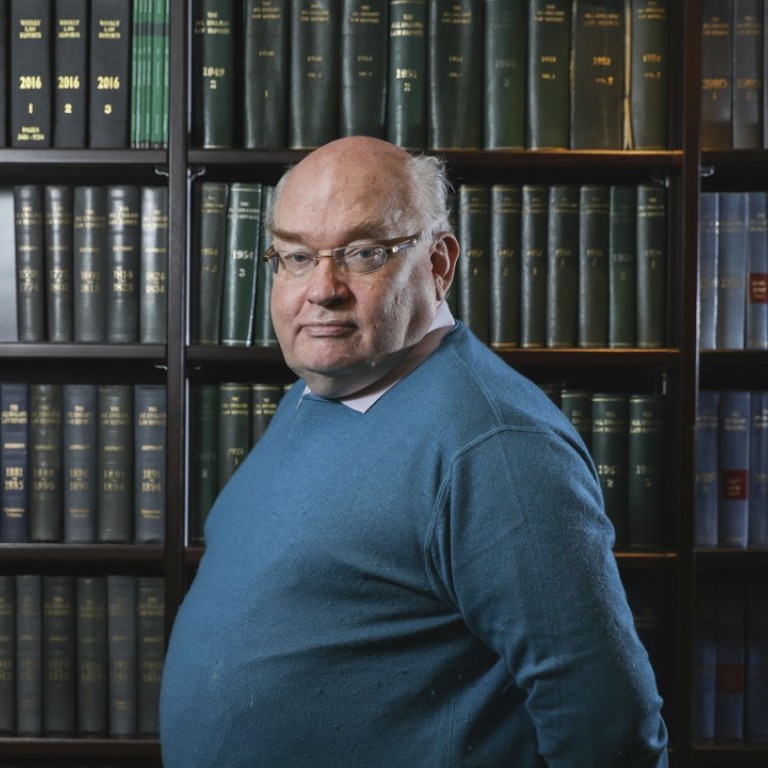
A fine balancing act for new leadership of Bar Association
Hong Kong’s barristers have an important role to play in defending the rule of law but must also accept the political reality that they should have effective communications with Beijing
A leadership change of a professional body is normally not front-page news. But against the backdrop of raging political and legal disputes in recent months, last week’s contest to elect a new team to lead the Bar Association has justifiably become top news.
The outcome of the high-profile battle and the public attention given to it has sent out a clear message: the legal profession and the wider community attach great importance to the rule of law and expect a robust defence when it comes under threat.
The contest, the most heated in years, stemmed from discontent over what was described as a belated and muted response by incumbent leaders to the controversial joint checkpoint plan, under which mainland officers will have full jurisdiction over part of the high-speed rail terminus at West Kowloon.
The so-called co-location plan was endorsed by the National People’s Congress Standing Committee, and is pending the enactment of local legislation this year. But its consistency with the Basic Law – the city’s mini-constitution – is still being questioned by some in the legal profession.
There have been suggestions that the Bar Association election had been politicised. Adding to the concern is the background of the new chairman, Philip Dykes, and other leaders, some of whom have defended prominent pro-democracy figures in court. The truth is that many political disputes involve important legal issues and the Bar has always been an authoritative voice on matters of law.
Together with the Law Society, the solicitors’ body, they are expected to speak out on legal and constitutional matters of public concern, as they did in the case of the joint checkpoint, the universal suffrage debate and, in 2003, a proposed national security law.
With the city’s atmosphere becoming increasingly politically charged, there may well be a need for the Bar Association to weigh in on disputes involving the law more often than before. It is expected to provide informed views in a rational and professional manner, underpinned by well-established legal principles. It is good to hear that the new leadership is fully aware of this and will uphold this fine tradition. It is important that the Bar continue to be recognised as a credible and respectable voice on matters of public concern.
We hope the new chairman is right when he says there is no reason to believe that the relationship with Beijing will deteriorate under his leadership. Having led the Bar for two years a decade ago, Dykes knows that good communication with Beijing is essential. The assurance of a professional relationship with the central government is to be welcomed. It is also in the interests of both sides to strengthen mutual understanding and trust, which can help narrow the divide over how the Basic Law is implemented in the city.

